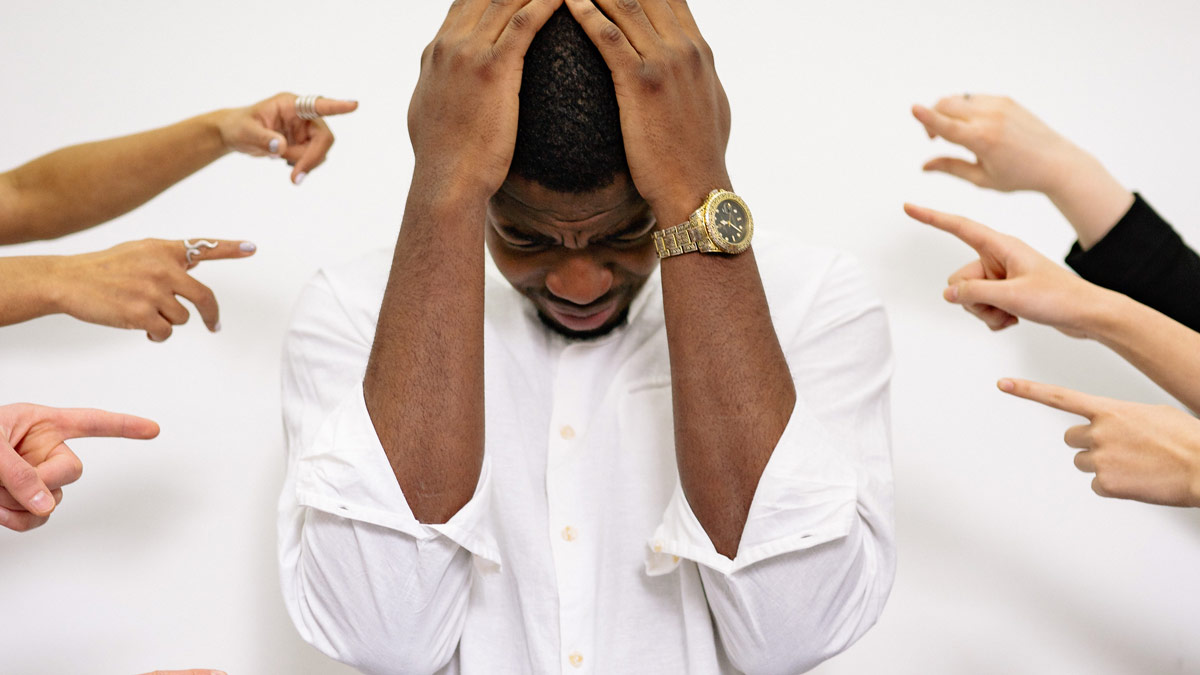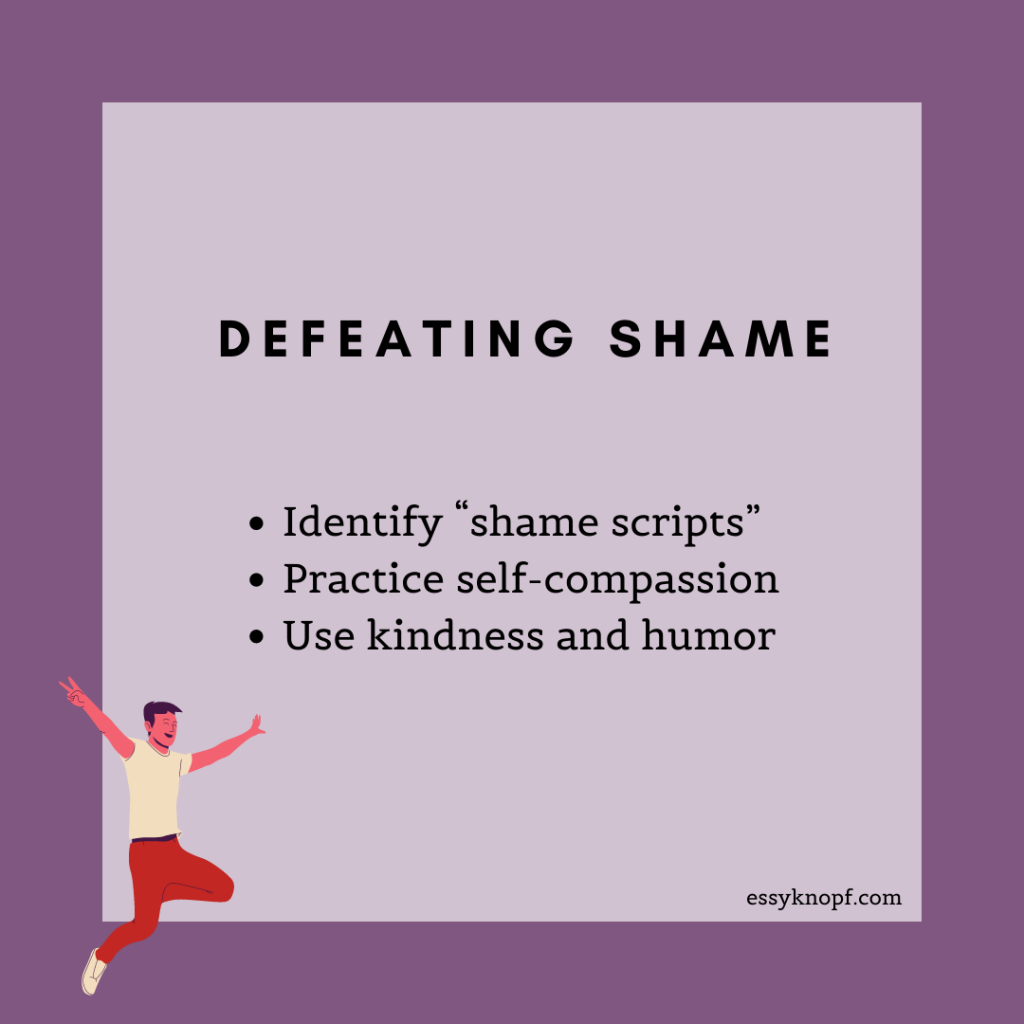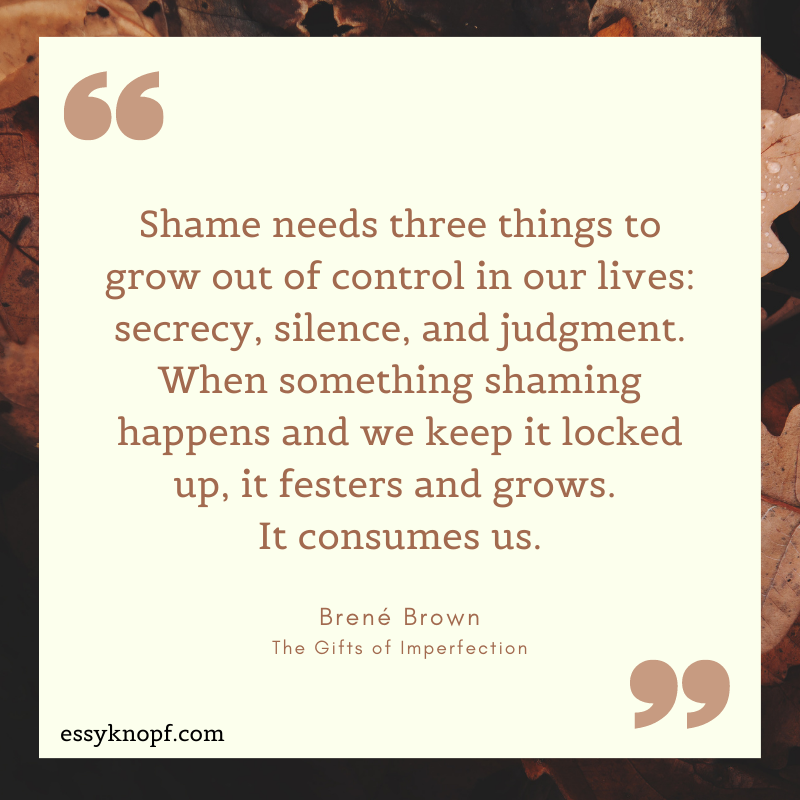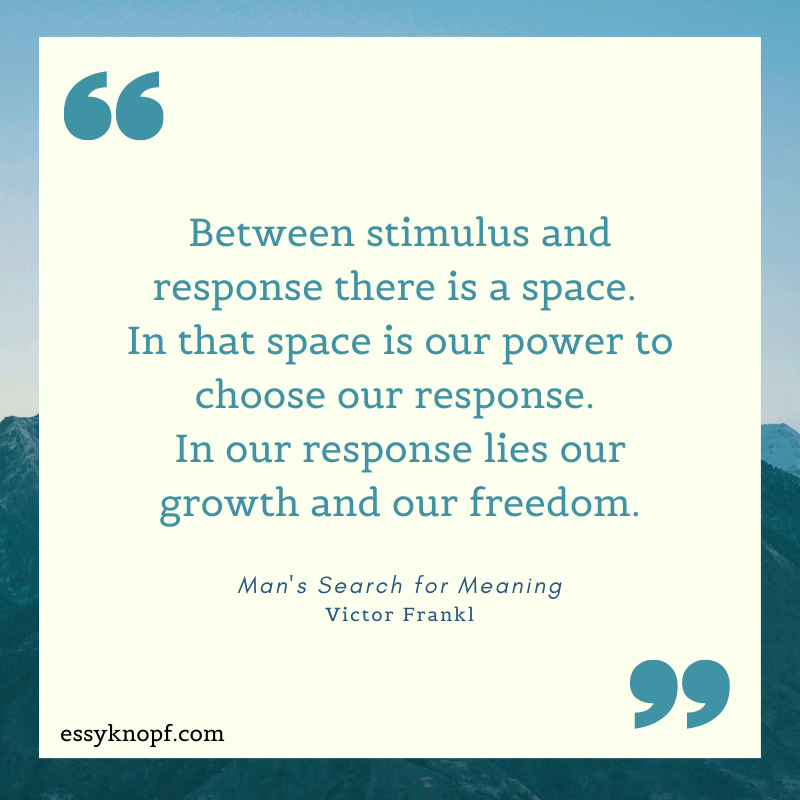Gatekeeping actually makes the neurodivergent community less of a safe place
Living within an ableist society, neurodivergent (ND) folks often experienced marginalization. But to experience it within the ND community is not something most of us would expect.
Consider young autistics and ADHDers who go in search of community online, only to have a total stranger blast them for using terminology some have deemed inappropriate.
Any sense of belonging and acceptance this person might have found is suddenly withdrawn the moment they express themselves.
This was my experience, and one I believe is shared by many. The policing of ND identities is a very real phenomenon, and one I think requires further discussion.
The people responsible for this behavior—I’m going to call them “gatekeepers”—have a tendency to treat our community as monolithic.
According to these gatekeepers, only their worldview is endorsed, while all others are incorrect and subject to harsh criticism.
Knowing that one could be punished by such folk for speaking “out of turn” creates a chilling effect in online discussions. And so it’s the voices of the gatekeepers that usually end up being the loudest—to the exclusion of all others.
Some disclaimers
I want to make it clear that many advocates within the ND community do important work. And I’d like to believe that most of them are motivated by genuine compassion. Yet the gatekeeping approach to advocacy raises a number of concerns.
Full disclosure: I am speaking today as someone who is autistic and has ADHD. Any opinions I share here are entirely my own.
I acknowledge that my ability to speak out in the first place is a privilege. Not everyone in our community enjoys this privilege.
I also want to acknowledge that NDs have been marginalized and oppressed throughout history.
Widespread ableism means that the status quo largely exists to serve the interests of neurotypicals (NTs). This is why challenging the status quo and fighting for ND empowerment are so crucial.
Gatekeeping in the ND community feeds toxic shame
That said, I believe some gatekeepers challenge for the sake of challenging in and of itself. What doesn’t help is when they behave in a way that can be dogmatic, if not militant.
These gatekeepers appoint themselves the authority, defining what is “good” and “bad”, “right” and “wrong” for everyone else.
Typically, they take a very strong stand on hot-button topics, like the use of person-first language, the term “Asperger”, or the naming of autism and ADHD as pathological disorders.
Yes, these are important topics worthy of discussion, but discussion can’t happen so long as one party feels they have a monopoly on the truth, as gatekeepers so often do.
Believing in their own righteousness, many gatekeepers will label those who disagree with them as ignorant, ableist, and oppressive.
Demonizing people in this fashion feeds shame. In the words of Brené Brown:
“Shame is the fear of disconnection—it’s the fear that something we’ve done or failed to do, an ideal that we’ve not lived up to, or a goal that we’ve not accomplished makes us unworthy of connection. I’m not worthy or good enough for love, belonging, or connection.”
Nobody likes to feel this way. Everyone—and I mean everyone—wants to feel worthy of love and belonging.
Worse still, if the intention of gatekeepers is to create shape, when they shame others, they undermine their capacity for change. As Brown goes on to explain:
“Shame corrodes the very part of us that believes we can change and do better… In fact, shame is much more likely to be the cause of destructive and hurtful behaviors than it is to be the solution.”
There is a history of NTs weaponizing shame against ND folk. So when ND folks shame both NTs and other NDs, it is—to say the very least—problematic.
Gatekeeping drowns out other voices
Gatekeepers claim there is a consensus within the various ND communities, one again that usually aligns with their own personal beliefs.
But in fact, no such consensus exists. These communities comprise diverse individuals who identify and express themselves in a variety of ways.
No one has the right to speak for every member, just as no one has the right to silence those who don’t agree with their points of view.
One example of this is when gatekeepers whitewash autism, painting it exclusively as a positive while failing to acknowledge that it may be experienced by others with mixed feelings, or as a negative.
Similarly, many gatekeepers frame autism as a mere social challenge caused by systemic ableism. This social model of autism has been adopted as an alternative to the medical model, which has sometimes been used to oppress autistic folk.
But romanticizing autism in this fashion dismisses the reality of those individuals who experience autism as a debilitating disability.
Likewise, gatekeepers who insist that autism is an intrinsic part of our identity fail to admit that this isn’t the case for everyone.
By dominating discussions about autism, gatekeepers fail to hold a space for other community members and even compromise their right to self-expression.
Gatekeeping ignores privilege
What a lot of gatekeepers don’t realize is the ability to advocate is a privilege that not all ND folk get to enjoy.
For example, many individuals on the autism spectrum experience some form of intellectual disability and/or are nonspeaking.
These individuals may not have the opportunity to express how they feel. And so, their wishes go unheard, and their needs unaddressed.
If the inclusion of all ND individuals is our priority as a community, why then are so many of us assuming the right to speak for others?
Again, by virtue of being the loudest, gatekeepers get to decide what issues receive the most attention.
Their advantages allow them to privilege their own voices, rather than elevating those more disadvantaged than them.
Gatekeeping undermines coalition-building
The final issue I want to address is the “us vs. them” attitude gatekeepers take towards the medical community and parents of ND folk.
We know, for example, that ND folks have been treated horrifically in the past. The Nazi regime for example actively murdered our forebearers, so it stands to reason that many of us might treat medical authorities with suspicion.
The problem begins when some gatekeepers claim all researchers want to “cure” autism—an action compared to eugenics. This is a smear campaign.
Consider those autistic individuals living in full-time care who are prone to frequent seizures, meltdowns, self-injury, and violence. They undoubtedly experience autism in a way that differs vastly from that of privileged gatekeepers.
Many researchers are working to enhance the quality of life for such individuals, and yet gatekeepers continue to accuse these professionals of endorsing ableism.
Similarly, when desperate parents of autistic folk reach out to the community seeking understanding, insight, and support, often they are shut down and declared the enemy.
Instead of building coalitions with community allies, some gatekeepers sideline them.
Gatekeeping is not social justice
Gatekeepers may be part of a social justice movement, but there can be no justice so long as one party assumes the moral high ground, dominates the discourse, and bullies both allies and NDs alike.
I gave up my previous career to enter social work with the hope of serving the ND community. Yet I’m troubled by the knowledge that should I ever fail to measure up to the demands made by ND gatekeepers, I’ll be judged and shamed.
This leads me to wonder, are these individuals truly invested in serving the ND community? Or are they just traumatized individuals who are now inflicting that trauma upon others?
Gatekeepers often point out that words can oppress, only to themselves use words in an oppressive way.
The result, more often than not, is not dialogue, or mutual understanding, but very public social media attacks upon someone’s intelligence, knowledge, values, or character.
Wrap up
Have you experienced some form of ND gatekeeping? Or do you completely disagree with the points I’ve raised here? Let me know in the comments.
Essy Knopf is a therapist who likes to explore what it means to be neurodivergent and queer. Subscribe to get all new posts sent directly to your inbox.






